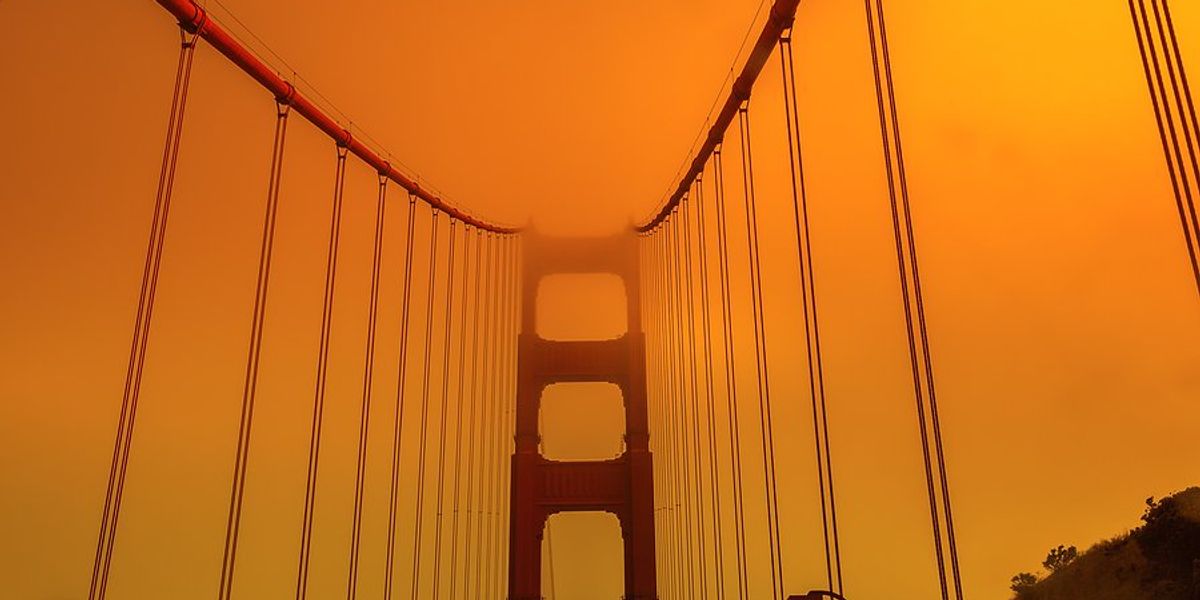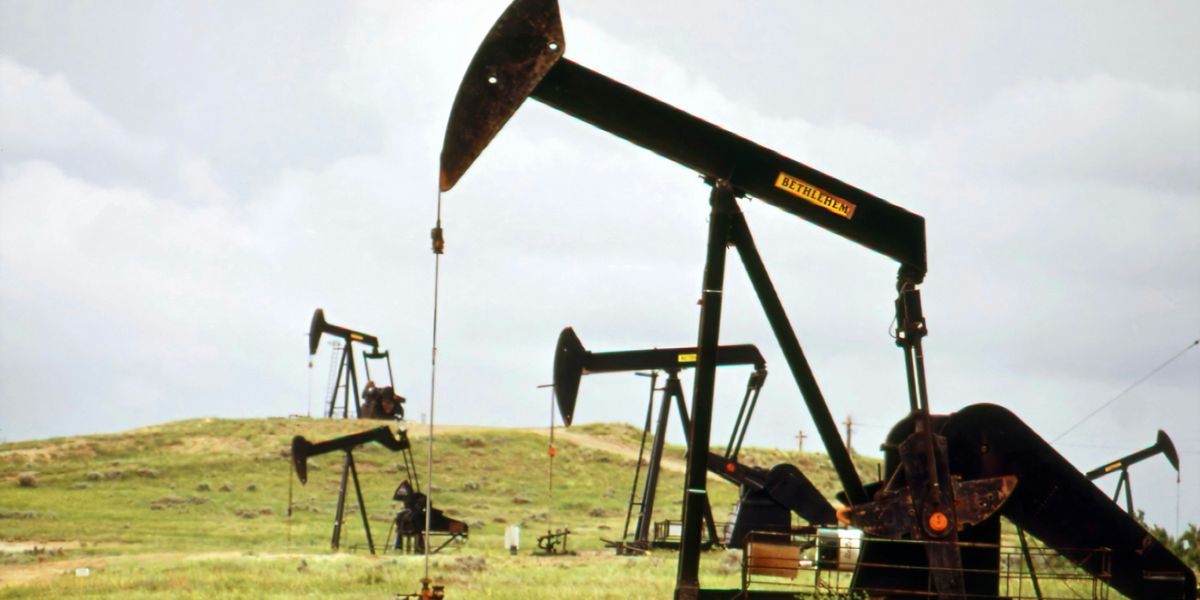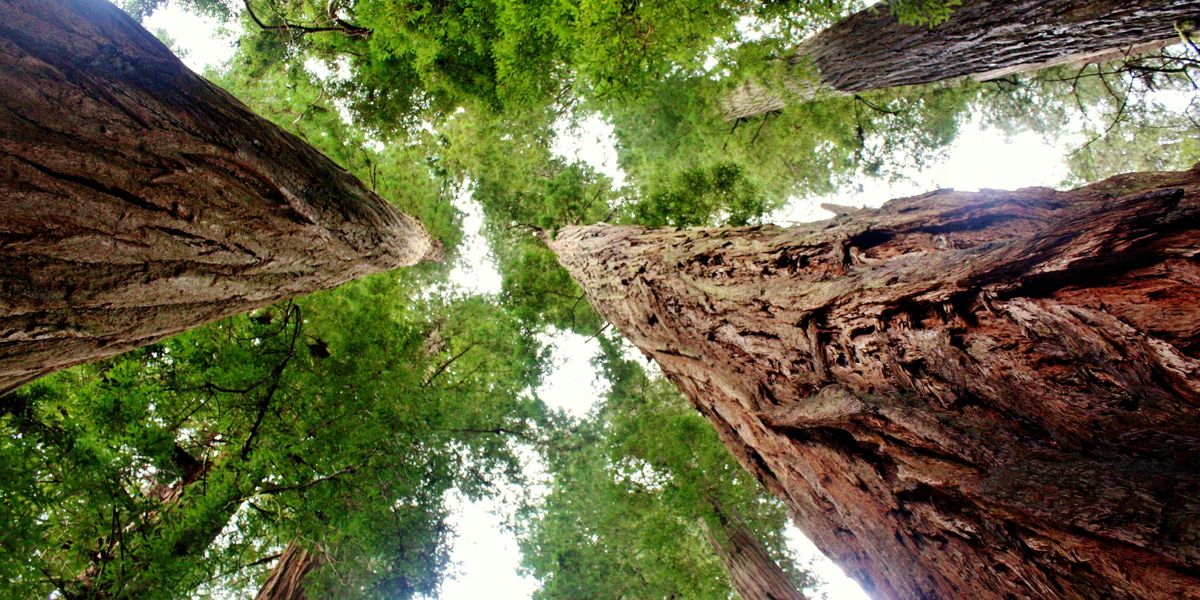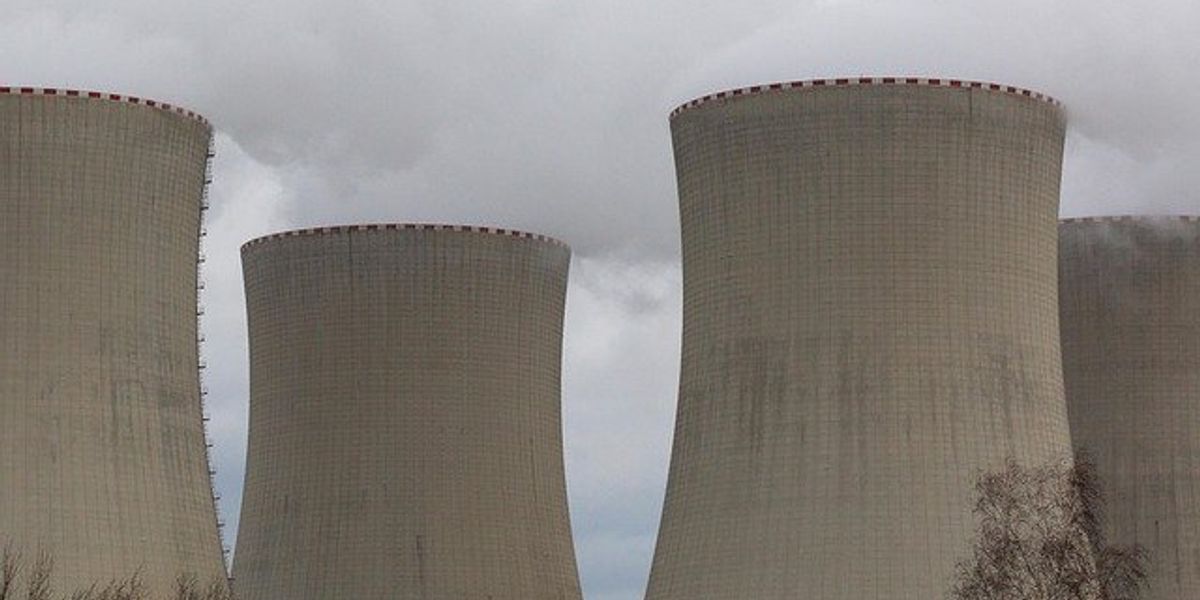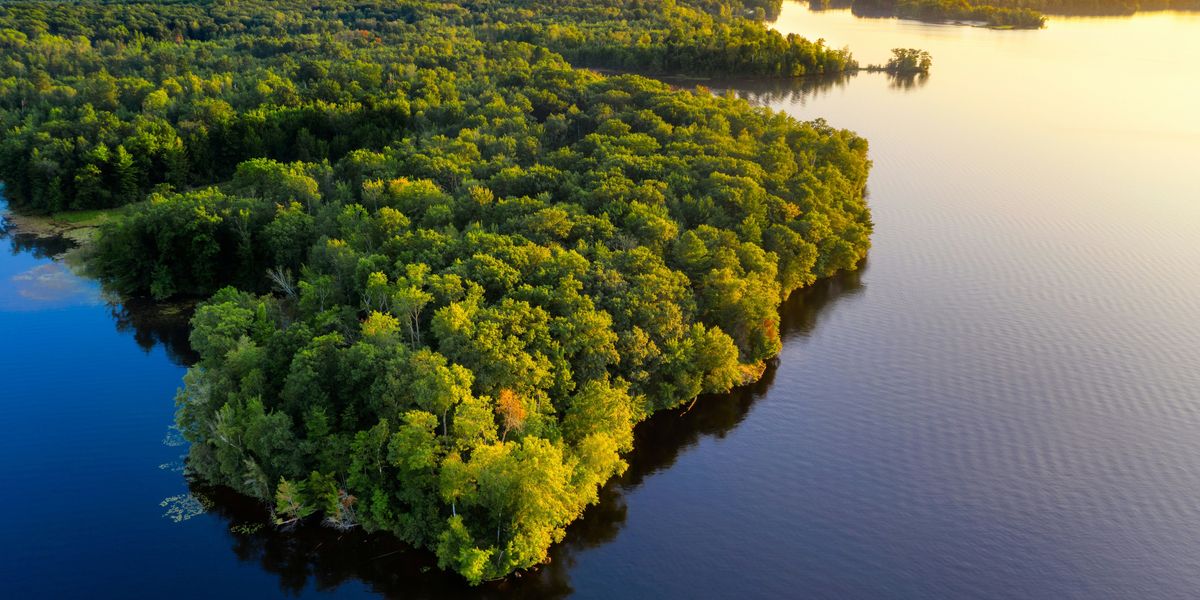
A cynic's field guide to Earth Day. Weekend Reader for Sunday, April 22.
My inbox is choked with vapid story pitches that proclaim "Every Day Is Earth Day." This happens once every 365 days. It doesn't really help.
I'm a big baseball fan. The ballpark is just about the only place in our culture where it's perfectly acceptable to drop your beer cups, peanut shells, and hot dog wrappers at your feet.
This is true even on Earth Day, when 15 teams are scheduled to host games, most with some token commemoration of the day. So stand up, baseball fans, kick those cups and shells out of the way, and give Mother Earth the same level of respect we gave to the meteorologically bankrupt ground hog a couple of months ago. It's only fair.
As someone who has followed these issues since the first Earth Day in 1970, April 22 is a perpetual mixed bag. Of American origin and still almost exclusively observed here, the day is a festival of good intentions – the metaphorically Earth-friendly pavement for a road to ecological Hell.
That inaugural Earth Day featured a massive march down New York's Fifth Avenue. Walter Cronkite, the news anchor then known as "The Most Trusted Man in America," turned a prime time CBS News special. "Its demonstrators were predominantly young, predominantly white."
CBS correspondent Daniel Schorr intoned "this 'thing' is now a movement."
Earth Day probably peaked on its twentieth birthday in 1990. Huge rallies similar in size to the recent anti-gun violence gatherings happened in many American cities. ABC ran a two-hour prime time special featuring the cream of Hollywood's crop: Kevin Costner, Geena Davis, Danny DeVito, Will Smith, Candice Bergen, Jack Lemmon, Jane Fonda, Bette Midler as Mother Earth, Dustin Hoffman, and Bill Cosby.
Throw in Rodney Dangerfield to measure the lack of respect we show to the planet.
Ten years ago, Jeffrey Ball wrote this in the Wall Street Journal: "Launched in 1970 as a protest against corporate environmental misconduct, Earth Day has become a planet-hugging marketing frenzy for companies themselves. Makers of everything from snack chips to sport-utility vehicles now use April 22 to boast about their efforts to help save the planet."
Politicians have used the day for their own agendas as well. James Inhofe is the climate-denying Senator from Oklahoma who is arguably the most anti-environmental legislator in American history. In 2015, while Chair of the Senate Environment and Public Works Committee, he observed Earth Day with a facepalming statement that both saluted environmental gains through new laws, and condemned any future efforts for further positive steps as trillion-dollar, job-killing "scare tactics."
Back to baseball, and other pro sports, for a moment. Here in the Atlanta area, we were blessed with three relatively new, perfectly serviceable pro sports palaces built in the 1990's. The football stadium was senior of the three, functioning for just short of 25 years. Nine years before demolition, the Georgia Dome got a $300 million facelift. Turner Field was born as the 1996 Olympic stadium, then stood for 20 years as a baseball park before conversion to a much smaller college football field. Philips Arena, the venue for basketball and other indoor events, opened in 1999 and is in the midst of a $200 million renovation.
Baseball's Atlanta Braves now play in the suburbs, at a location nearly devoid of public transportation. All told, the three sports palaces have sucked about two and a half billion dollars out of a mix of public and private funds to replace or refurbish buildings that didn't need replacing. The vast expenditure of resources isn't environmentally canceled out by recycling every last food wrapper or switching to LED lighting. These are places where Earth Day celebrations ring particularly hollow.
But bear in mind here, I'm the cynic – not those who are at least devoting a day, a gesture, to protecting the planet. Taken alone, the tree plantings, recycling drives and trash pickups are unassailably good things. Taken as part of the big picture, they hardly represent what is needed to turn us away from a planetary shipwreck.
They may even be a bad thing, an anodyne way to relieve guilt without treating our huge planetary symptoms.
This year's Earth Day focus, as coordinated by an NGO called the Earth Day Network, is the tsunami of plastic waste entering our oceans and changing their ecology. Such a focus may be the best use of an annual Earth Day ritual whose impact seems to be fading.
Forty-eight years ago, The Most Trusted Man in America summed up the first Earth Day with words that are just as apt today: "Those who ignored Earth Day, well, that's one thing. Those who ignore the crisis of our planet, that's quite another. The indifferent have missed the point: That to clean up the air and Earth and water in the few years science says are left to us means personal involvement, and may mean personal sacrifice, the likes of which Americans have never been asked to make in times of peace."
Imagine a network in 2018 pre-empting an hour of primetime sitcoms, cop shows, or reality TV to report on the environment. For that matter, imagine 1970's "Most Trusted Man in America" landing a network news job today. In government, the most powerful voices on the environment are those that deny basic science and show contempt for government's role in regulating environmental harm.
So Happy Earth Day, y'all. We've got some work to do.
Top Weekend News
A U.S. Senator ridicules a legitimate, but odd-sounding science study. Here's what we learned from "synchronized swimming of sea monkeys."
What will America look like in 10,000 years? Take this climate quiz, courtesy of the New York Times.
Earth Day-related, Good and Bad
The Daily Show's Ronny Chieng, with sustainable tongue in his recyclable cheek, pays tribute to Earth Day.
Umar Irfan and Emily Barclay of Vox.com on what we've learned since the last Earth Day.
Opinions and Editorials
Climate Central's Sean Sublette shares his experience as a TV meteorologist who regularly discussed climate change.
How the Trump Administration Observed Earth Week
Bloomberg's Jen Dlouhy on how EPA Administrator Scott Pruitt's "cone of silence" scandal has taken on a life of its own.


